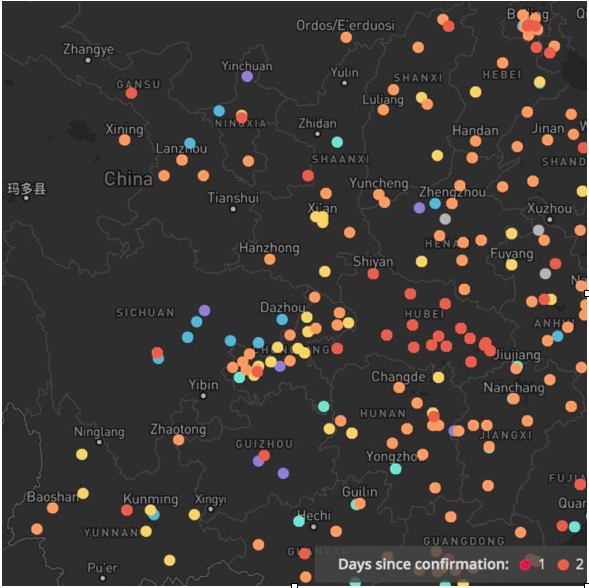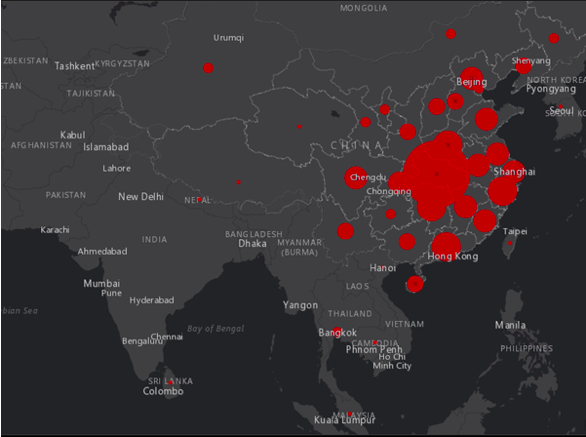How Coronavirus Has Changed The World Of Data Acquisition
The usage of data, especially in the past couple of years, has become quite a phenomenon both within the tech world but also inside many different business strategies, ranging from marketing to sales to research. With the recent Coronavirus outbreak, the usage of data to determine and calculate death rates has become quite the case study for complex data science-related applications within the medical sector. Is Coronavirus, then, the starting point for a tech-ready medical revolution? Let's break down the subject in more detail.
How Is Data Used In Pandemic Situations?
The problem with having to deal with a pandemic disease is definitely related to unpredictable influxes of data coming to medical sources and Coronavirus 100% confirms this: when the illness exploded in Wuhan, at the end of 2019, experts and virologists were considering it as a minor threat, therefore obtaining extremely small influxes of data on the matter. As soon as the virus revealed its contagion capabilities, though, these influxes of data moved from small kilobytes to gigabytes of data, with different symptoms and mutations. By using Python-based tools, doctors and scientists were able to quickly catalogue, identify and process specific sections of these data in no time, effectively reacting to one of the most viral illnesses of the past 20 years.

Personalised Data Which Learns By Itself
In a pandemic situation, there are hundreds, if not thousands of different cases and, being a new virus, it is normal to witness "mutations" and deep changes in its genome. With this being said, having some sort of technology which automatically processes cases following certain behaviours would help, right? Well, thanks to NumPy's automated features and many other Python and data science-oriented libraries, automatic storage upon variables and behaviours is a tangible possibility. Data science within the medical sector, in fact, is powerful only if it's relevant to different illnesses' cases.
A Foundation For The Future
Regardless of the "unfortunate" scenario in which certain data management strategies were discovered, it's pretty safe to say that these very data-driven strategies will be used in the future even outside the medical sector. Certain SQL databases are being studied, in fact, by the same team of app developers who built the NHS mobile app to implement the rapidity and the precision these databases shown off with the Coronavirus outbreak. The future of data science, even if born from a terrible event, is very bright, in fact.

Which Sectors Will Benefit From This?
To start off, businesses who heavily rely on market research: i.e. consumer technology, retail, hospitality. Being able to instantly process different user behaviour with a big influx of data will definitely help marketing sectors all around the world and, therefore, there will be a significant increase in owners and CEOs investing in this matter.
Related: The Benefit of Hiring Remote Employees as a Startup

